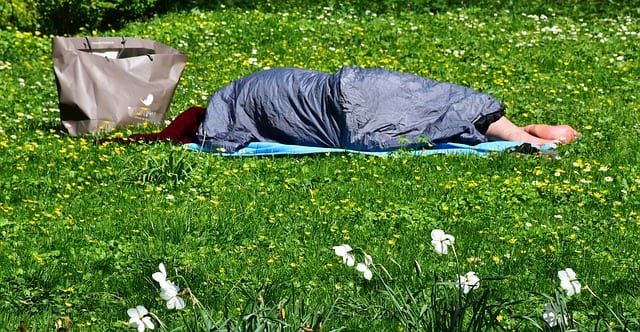There are people in Norway who are trying to treat cancer with paracetamol or are getting bills of tens of thousands of kronor when giving birth in hospital.
The young boy died of cancer. The emergency services did not refer him to the hospital and he did not have a doctor to go to. A woman in an advanced stage of pregnancy does not have the courage to go to the hospital when a baby is born, because she is afraid of a bill of tens of thousands of crowns, which she is unable to pay. A man with severe urinary symptoms is not treated because the disease is not life-threatening enough. These are just a few of the many hundreds of examples of the extreme effects of so-called undocumented persons in Norway.
They do not receive drugs or medical care when they need it, unless they are on the verge of death, and it is often too late.
People who do not have a residence permit and social security number, and may not have ID, are still human. They are in Norway, but the government has decided not to receive healthcare. This is the darkest side of Norwegian health policy.
This is a policy that ignores that the undocumented are those who give birth, get toothache, pneumonia, dementia, cancer, or mental illness. They are adults, young and old, both with and without children. But they live in our midst. They don't get drugs or medical care when they need it, unless something critical happens or they die.
Personnel crisis or weak organization?
With the authorities failing, the Red Cross and the Church's city mission took responsibility and have been running an undocumented health center for over a decade. There are patients who struggle with the digestive system, have serious dental or musculoskeletal problems, or need help with pregnancy, childbirth and family planning.
It has recently been revealed that undocumented women can receive bills of up to SEK 150 for childbirth and SEK 000 for an abortion. These are health services that others may have free of charge. People who are incapable of anything and full of suffering also come to the health center. They come to us because we are their only chance.
Throughout the years, we met behind closed doors, we asked the state to provide a basic offer to all inhabitants of our country.
There are two such undocumented health centers, in Oslo and Bergen, and they are operated by volunteer medical staff. Doctors, nurses, dentists, midwives and psychologists use their free time to help people who have nothing.
For all these years, we have met behind closed doors to ask the state to provide a basic offer to all people in our country. According to the chairwoman of the Norwegian Medical Association's human rights committee, Marit Halonen Christiansen. Full-fledged service primary care physician for undocumented people it will require 4-5 doctors. In other words, it can be solved at no cost. However, the human costs of continuing with current activities are enormous. This patient group has largely the same health care needs as the general population. However, experiences from countries of origin, flight and asylum procedures in Norway often have a negative impact on their health. Many health problems can be easily prevented as long as the patient comes for treatment.
For too many years, the Norwegian authorities have not taken responsibility for all the inhabitants of Norway. The right to health is a fundamental human right, but in practice people are excluded from it because of their legal status.
Read our next article: Healthcare in Norway - patient rights.



